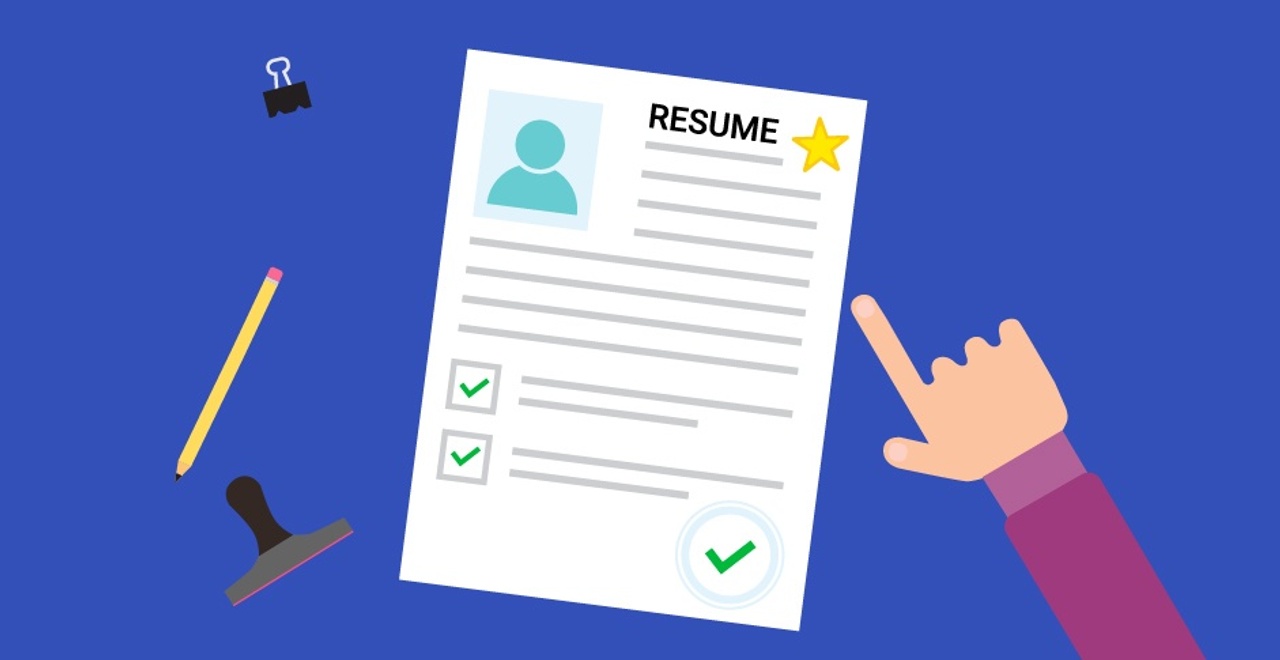When it comes to applying for a job, two essential documents come to mind: the resume and the cover letter. While both of these documents are crucial in presenting yourself as a strong candidate, they serve different purposes and have unique roles in the job application process.
The Purpose and Content of a Resume
Let’s start with the resume. Your resume is a snapshot of your professional experience, skills, education, and accomplishments. It provides a concise summary of your work history and qualifications, allowing the hiring manager to quickly assess whether you meet the requirements for the job.

The Key Components of a Resume
The resume vs cover letter typically includes sections such as contact information, a professional summary or objective, work experience, education, skills, and any additional relevant information like certifications or languages spoken. It should be well-organized, easy to read, and tailored to the specific job you’re applying for.
The Role of a Resume in the Job Application Process
Your resume is the first document that a hiring manager will review when considering your application. It serves as a way to showcase your qualifications and make a strong first impression. Your resume should highlight your most relevant achievements and experiences, demonstrating why you are the best fit for the position.
The Purpose and Content of a Cover Letter
On the other hand, the cover letter is your opportunity to introduce yourself to the hiring manager and explain why you are interested in the position and company. Unlike the resume, which focuses on your qualifications and experience, the cover letter allows you to convey your personality, passion, and enthusiasm for the role.
Using a Cover Letter to Tell Your Story
In your cover letter, you can expand on specific experiences or skills mentioned in your resume and provide more context around why you are a good fit for the position. You can also address any gaps in your resume or explain career changes that may not be immediately clear from your work history.
The Importance of Personalization in a Cover Letter
Your cover letter should be personalized for each job application, demonstrating your knowledge of the company and how your skills and experiences align with their needs. It should be well-written, engaging, and concise, with a clear focus on why you are the best candidate for the job.

How Resumes and Cover Letters Work Together
While the resume provides a comprehensive overview of your qualifications and experiences, the cover letter offers a more personalized and compelling narrative that highlights your enthusiasm and fit for the position. Together, these two documents work in tandem to present you as a well-rounded and qualified candidate.
Conclusion: Crafting Effective Resumes and Cover Letters
In conclusion, the resume and cover letter play distinct but equally important roles in the job application process. Your resume showcases your qualifications and experience, while your cover letter allows you to express your personality and explain why you are the best candidate for the job. By understanding the unique roles of each document and crafting them effectively, you can increase your chances of landing your dream job.